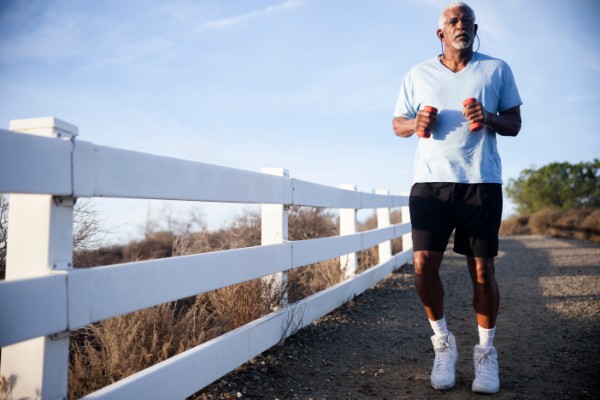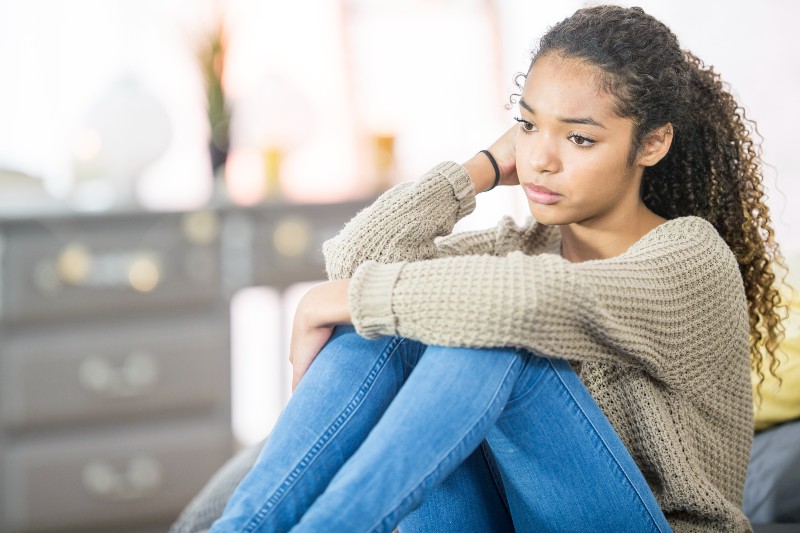By now, most of us know the keys to protect ourselves (and each other) from COVID-19:
- Stay home as much as possible.
- Wash our hands.
- Keep at least 6 feet away from non-family members when we go out.
- Clean high-touch surfaces often.
But there are growing signs that another activity could help people battle this invisible enemy. It’s exercise.
“Exercise can be a vital weapon to help control COVID-19,” says Vikas Pathak, M.D., pulmonologist with Riverside Health. “We can think of our immune cells as soldiers. They need to be able to go out and patrol two of the weakest areas of our bodies when it comes to this virus. Those are our lungs and upper respiratory tract. Exercise may be a way to keep the soldiers — our immune cells — strong and in fighting shape.”
Exercise those muscles against COVID-19
What’s the tie between physical activity and COVID-19 infections? Let’s think about what happens when the lungs are infected.
- First, immune cells find a virus invader in the lungs.
- Then the cells attack the invader, which causes inflammation.
- When inflammation damages the lung tissue, it makes it hard for a person to breathe.
- It may become bad enough to need treatment such as ventilators.
But when you exercise, your muscles produce compounds that help the immune system work better. That lowers inflammation. “Research needs to be done as it relates to COVID-19. In the meantime, many studies have shown that exercise has positive effects on immunity. It also helps beat inflammation and respiratory infections caused by viruses,” explains Dr. Pathak.
Muscles especially play a major part in fighting infection. But the muscles must be used. The good news is, that doesn’t mean you have to figure out how to lift weights. Instead, try walking. It has the best impact on your muscles.
Exercise is your ally in the COVID-19 battle
Regular physical activity always matters. But it matters now more than ever. These are a few reasons why exercise is so critical during this pandemic.
Exercise lowers your risk of infection
Exercise can help prevent and treat diseases and illnesses that may cause more severe sickness among people with COVID-19. If people who exercise get infected, they stand a better chance of the illness being less severe overall.
Exercise lowers anxiety and stress
It Exercise can boost your mood, lower stress levels and help build emotional resilience. These mental health benefits are key to helping you cope with the changes brought about by COVID-19.
Exercise helps you sleep better
Research shows regular exercise helps you fall asleep faster and sleep better. Studies show a good night’s sleep can also boost your immune system.
Exercise during COVID-19: good for body and mind
These days it may be harder to find ways to exercise while keeping a safe social distance. But you don’t have to go out of your way to get moving. Try any kind of exercise you enjoy, whether it’s walking outdoors or dancing in your house. It will help your body and mind during this pandemic.



